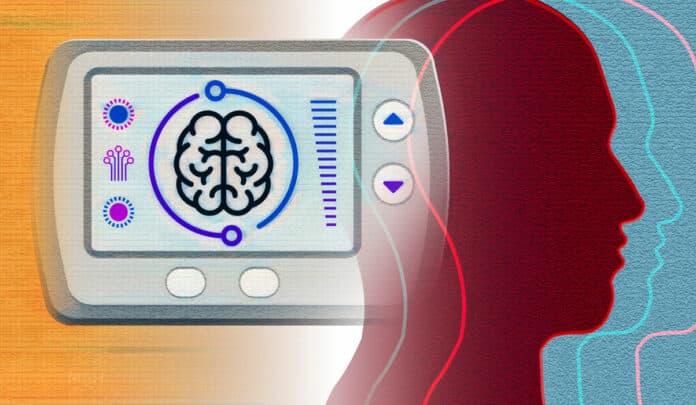Scientists found an enzyme in the brain that is a significant regulator of body weight
The dysregulation of the central nervous system (CNS) control of metabolism is implicated in various metabolic disorders, including obesity and diabetes, in which the hypothalamus plays an essential role. The same is also essential for the area known as the ventromedial hypothalamus, which controls body weight, eating, and glucose balance. However, how the ventromedial hypothalamus regulates lipid metabolism and energy balance remains unknown.
To find the answer, Yale scientists conducted a study mainly focused on an enzyme called O-linked b-D-N-acetylglucosamine transferase, or OGT. They observed changes in OGT in neurons of the ventromedial hypothalamus when food intake was adjusted. They found that when mice consumed less food, OGT levels went up.
Xiaoyong Yang, professor of comparative medicine and cellular and molecular physiology at Yale School of Medicine and senior study author, said, “This suggested that OGT plays an important role as a nutrient sensor in this neuron population.”
To better understand this role, Yang and his colleagues bred mice that lacked OGT in neurons of the ventromedial hypothalamus. They found that the mice gained weight very quickly on a normal diet, becoming much heavier than typical mice even though they ate the same amount of food and were just as physically active. The significant difference was that the mice without OGT expended less energy than their counterparts.
Yang said, “Just sitting at rest, you burn energy because you need to maintain the body’s vital functions, such as breathing, digestion, and brain activity. And though the mice lacking OGT weren’t less physically active, they burned less energy at this basal level.”
“They also responded differently to fasting.”
“When the body has adequate food, its preferred fuel is glucose. But when you fast, your glucose runs out quickly. The body then taps into its fat stores to meet energy demands.”
Scientists said, “The problem had to do with glucose-sensing. Sensing glucose is essential for keeping it at the level the body needs. If neurons can’t sense glucose properly, they won’t make necessary metabolic adjustments, like telling the body to burn fat. In the study, neurons without OGT didn’t sense glucose as well as those with the enzyme.”
Yang said, “Without OGT, the body can’t sense that less food is coming in, and then it doesn’t tell its fat tissues to burn fat.”
“OGT is like a metastat working to keep the body’s weight at its set point. “And that set point will be different from individual to individual.”
“While a person’s weight can fluctuate from time to time, the body’s metabolic processes work to keep the weight around its set point. So if you eat a big meal, your body recognizes that and burns more calories to keep your weight at that set point. And OGT is critical for setting that weight point.”
“Because of this, OGT could be a target for treating metabolic diseases. It’s possible that, in the future, a drug could be used to target OGT in ventromedial hypothalamus neurons to fine-tune a person’s body weight set point, adjusting it if it’s too high or too low.”
“It’s still a long way off. But one day, we might be able to reprogram a person’s metastat to achieve desired body weight.”
Journal Reference:
- Qi Wang, Bichen Zhang et al. Ventromedial hypothalamic OGT drives adipose tissue lipolysis and curbs obesity. Science Advances 31 Aug 2022. Vol 8, Issue 35. DOI: 10.1126/sciadv.abn8092
